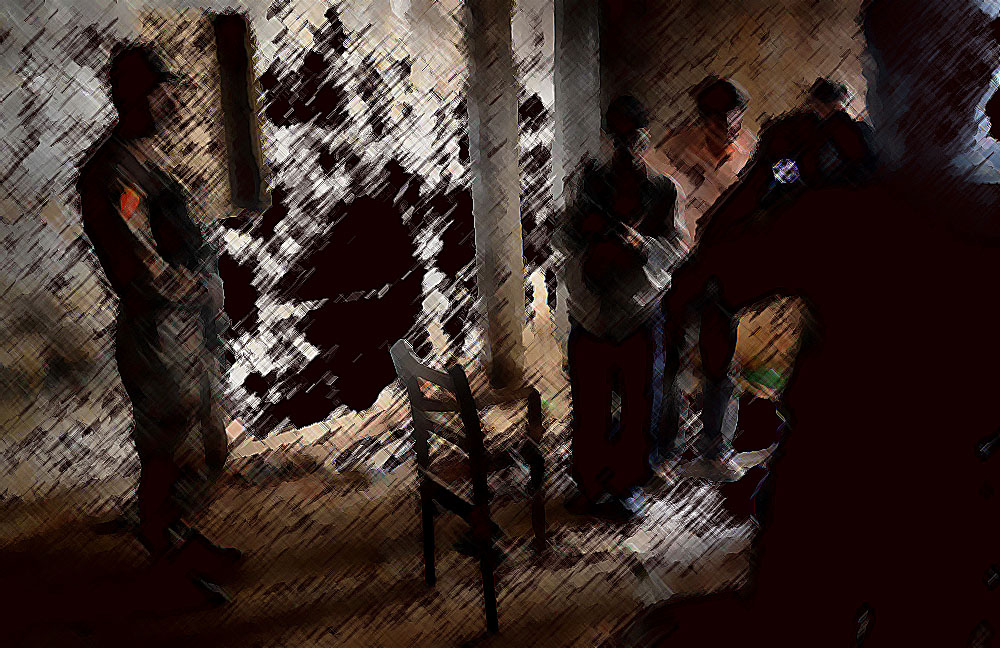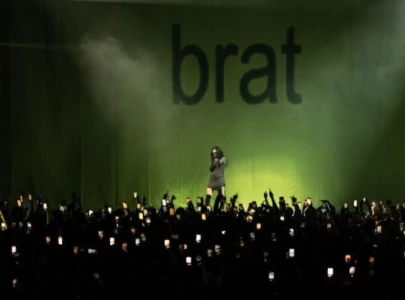
The Central Intelligence Agency also misled the White House and Congress with inaccurate claims about the program's usefulness in thwarting attacks, the Senate Intelligence Committee said.
Current CIA director John Brennan defended his agency's adoption of tough tactics under the president George W Bush in the aftermath of the September 11, 2001 al Qaeda attacks on US cities.
He insisted that, while mistakes were made, brutal techniques like waterboarding "did produce intelligence that helped thwart attack plans, capture terrorists and save lives."
US embassies were on alert as committee chair Senator Dianne Feinstein pushed ahead with publication, despite Secretary of State John Kerry warning that it could provoke anger around the world.
The summary is the most extensive detailing of the CIA's brutal interrogation of al Qaeda suspects yet, although Obama admitted in August that: "We tortured some folks."
Feinstein told the Senate that at least 119 individuals were subjected to "coercive interrogation techniques, in some cases amounting to torture."
The detainees were rounded up by US operatives beginning in 2001 after al Qaeda destroyed the World Trade Center in New York and damaged the Pentagon and through to 2009.
They were interrogated either at CIA-run secret prisons in allied nations or at the US detention center at Guantanamo Bay, Cuba.
Feinstein said some around the world "will try to use it to justify evil actions or incite more violence."
"We can't prevent that. But history will judge us by our commitment to a just society governed by law, and the willingness to face an ugly truth and say 'never again'."
While heavily redacted, the report is damning.
"The interrogations of CIA detainees were brutal and far worse than the CIA represented to policymakers and others," it said.
The report - a review of more than six million pages of documents - concluded "the use of the CIA's enhanced interrogation techniques was not an effective means of obtaining accurate information or gaining detainee cooperation."
Seven of the 39 detainees known to have been subjected to the enhanced interrogations "produced no intelligence while in CIA custody," while others "provided significant accurate intelligence prior to, or without having been subjected to these techniques."
The report noted that in many cases "there was no relationship" between cited counterterrorism successes and information obtained during the enhanced interrogation.
"In the remaining cases, the CIA inaccurately claimed that specific, otherwise unavailable information was acquired from a CIA detainee 'as a result' of the CIA's enhanced interrogation techniques."
Since coming to office in 2009, Obama has sought to distance the United States from past deeds and outlawed harsh interrogation.
In April, Feinstein's committee voted overwhelmingly to release the severely critical executive summary and 20 conclusions of the secret document.
But first the lawmakers had to negotiate with the White House on redactions - something Feinstein pledged to do.
The undertaking caused deep friction between the intelligence community and the lawmakers and Senate staffers.
"We've declassified as much of that report as we can," White House spokesman Josh Earnest said Monday.
"The president believes that on principle it's important to release that report so that people around the world and people here at home understand exactly what transpired."
The State Department has put its missions around the world on watch, and asked them to review security arrangements ahead of the report's release.
Democratic Senator Claire McCaskill supports the report's release, calling it "a gut check moment for our democracy."
Former Bush vice president Dick Cheney staunchly defended the interrogation program, telling The New York Times it was "absolutely, totally justified."
"When we had that program in place, we kept the country safe from any more mass casualty attacks, which was our objective," he said.
But rights advocates hailed the exposure of the secret programme.
Human Rights Watch national security counsel Laura Pitter said: "We hope the release of the summary will be the beginning, not the end, of investigations into US torture to ensure it never happens again."
Obama says CIA torture 'contrary to our values’
Reacting to revelations contained in the 600-page Senate report, US President Barack Obama has said that the CIA's torture of al Qaeda suspects was "contrary to our [US] values."
"That is why I unequivocally banned torture when I took office, because one of our most effective tools in fighting terrorism and keeping Americans safe is staying true to our ideals," Obama said.
COMMENTS (6)
Comments are moderated and generally will be posted if they are on-topic and not abusive.
For more information, please see our Comments FAQ




1719660634-1/BeFunky-collage-nicole-(1)1719660634-1-165x106.webp)












Now then - Who will punish the torturers? Otherwise They will join the law enforcement services in USA
@Nikos Retsos: Nice anti American rant .. but that's exactly what you do on every forum you post. BTW Senator Diane Feinstein doesn't read redacted documents - she is the Chairman of the Senate Select Committee on Intelligence. As a Democrat she also doesn't hold punches when it comes to misdeed committed under Bush Jr - a Republican. Have a nice day.
It might have been ineffective to get information, but it put the fear of god into the hearts of the extremists.
U.S senator Dianned Feinstein, D-CA, said upon releasing the report: "History would judge us by our commitment to a just society, and we should say "never again!" We heard that before, didn't we - after Vietnam, and Iraq's Abu Graib prison. And Barack Obama claims now: "That's not who we are!" Well, that is who we have been, and history tells us that the more thins are supposed to change at the CIA, the more they stay the same! Governments change in the U.S., but the U.S. Military and Industrial Complex is above the U.S. government - as the late U.S. president Dwight Eisenhower admitted in his inaugural speech to the U.S. Congress in 1956.
This CIA Report is not, therefore, anything new. Furthermore, it would reveal little only because it is heavily redacted. For those who are not sure what redaction means, it means that the “worst, the dirtiest, the cruelest, and the deadliest” parts of the reports are blacked out! The report, therefore, is sanitized to such extend that the readers a) wouldn’t vomit before finish reading it, and b) the CIA won’t look as bad as the Islamic State. It is all about public perceptions, therefore, at a time that the U.S. vilifies the Islamist State and the jihadists as the villains of mankind. The U.S. will be on the defensive, but the jihadists brutality in Syria and Iraq would make the U.S. look better by comparison.
It is, therefore, a sort of “weigh the villains” time, with the CIA report in one pan of the scale, and the Muslim wrath with the cry “Death to America” on the other pan - something that I expect to see in he next few days - not only on Muslim countries, but also worlwide. I do, however, expect to see an explosion between the Muslim world and the Western world both at the streets across the continents, and in the social media. That would be a bonus to the Islamist rebel groups recruiting cause, and to the U.S. Military and Industrial Complex (MIC) in more $ trillions in defense appropriations.
The U.S. abandoned its “Pivot to Asia” policy where a military confrontation with China would have been devastating, and found the Muslim jihadists easy sitting ducks to keep its MIC industry greased and running. Without a war demand to keep the MIC running, the U.S. economy would collapse, and the U.S. would collapse like the Soviet Union did in 1991.
The CIA Report would further inflame the existing war-mania between the U.S. and Muslims, and the U.S. would use the "Death to America" echo from the Muslim world to expand its war footage in Libya, Syria, Iraq, and Afghanistan by portraying that involvement as a U.S. peace gift to mankind! Wars are about riches - not about justice! Nikos Retsos, retired professor, USA
Recognizing you were wrong is important and exemplary... Fixing your mistakes is harder
Hoping this report, which does the former, will lead to the latter